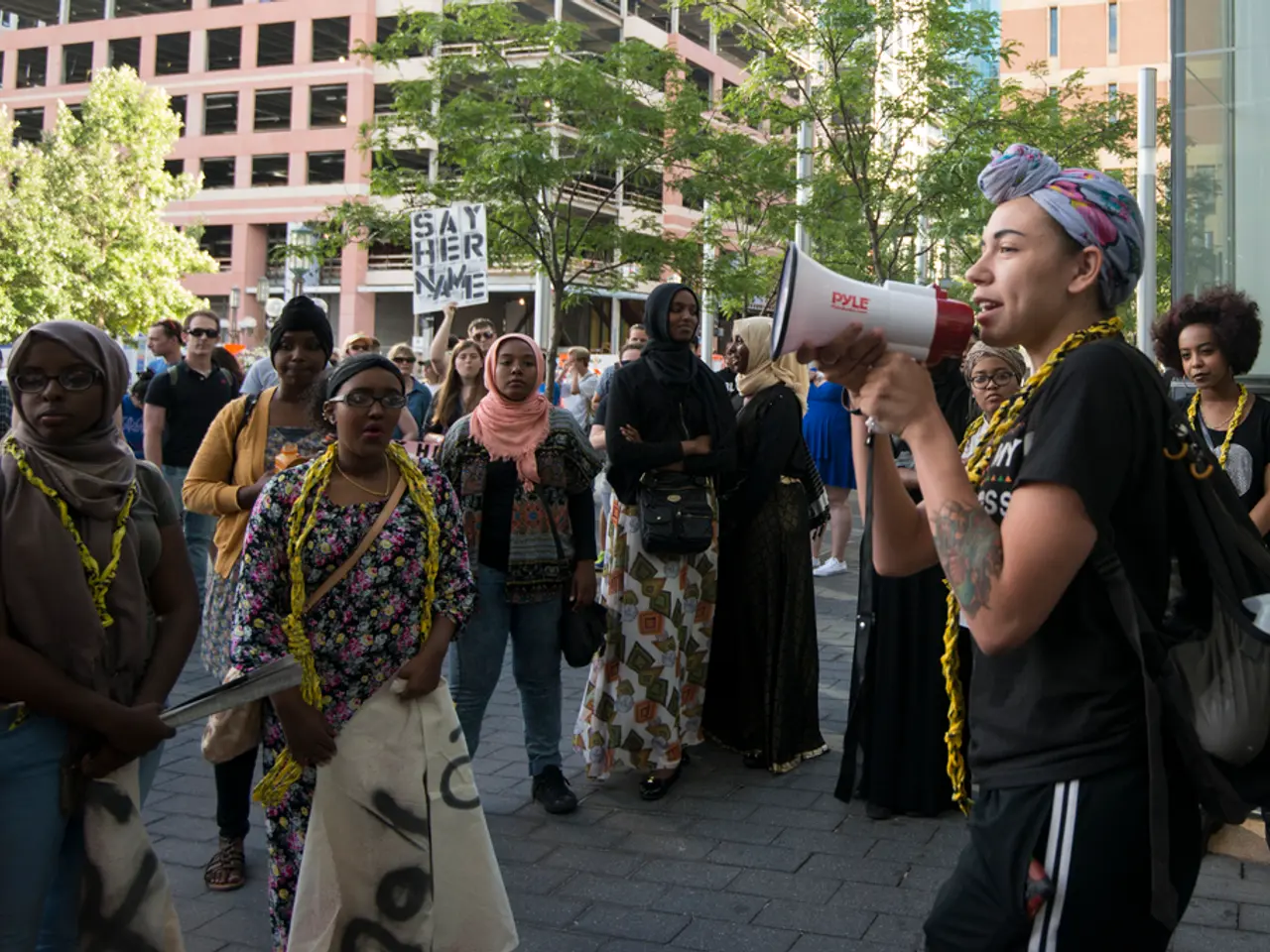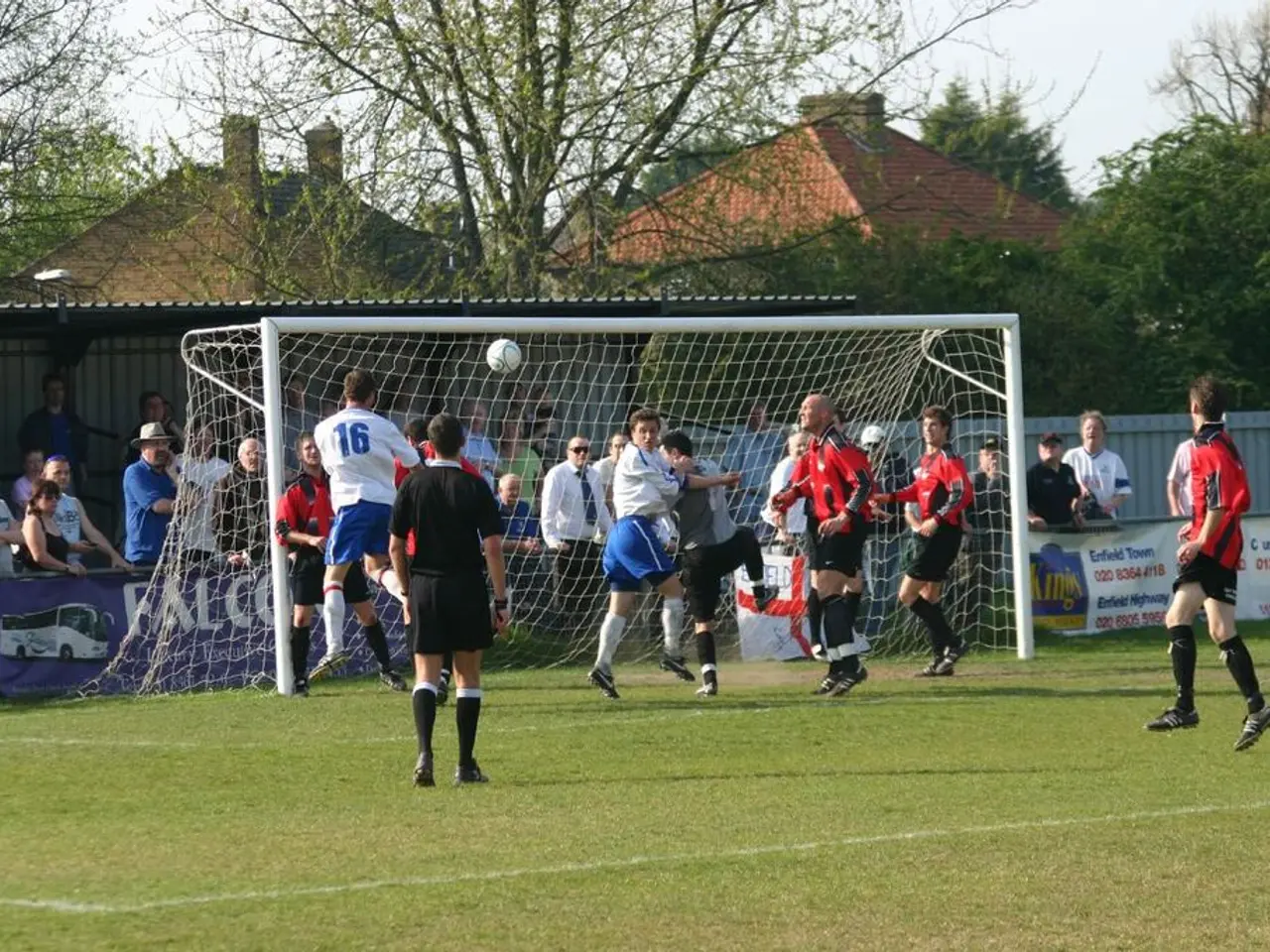Government's stance in leasehold dispute raises questions about its strength and resolve
In the ongoing debate surrounding leasehold reform, the government's approach has been met with criticism. The reliance on emotional buzzwords, us-versus-them rhetoric, and deferring to future consultations is perceived as floundering, rather than leadership.
The Leasehold and Freehold Reform Act 2024, a key piece of legislation aimed at addressing leasehold issues, has been the subject of discussion. However, no new facts about the roles of freeholders and managing agents or the specifics of the Act have been provided.
A strong government, it is argued, would use precise, technical language and offer clear actions and deadlines in housing law matters. Yet, the public is being given emotional descriptions about leasehold reform, but no practical guidance on when change will happen.
The Housing Minister and Angela Rayner have referenced 'flaws' in the Leasehold and Freehold Reform Act (LAFRA) 2024, but have not specified what these flaws are. A closer look at the Act reveals that its main issues revolve around the valuation mechanism and implementation delays.
The Act's valuation methods for lease extensions and enfranchisement premiums are considered inadequate and require fundamental fixes. Additionally, significant measures such as the removal of marriage value and a cap on ground rents have not yet come into force due to the complexity of the Act and ongoing legal challenges.
These delays have caused confusion and market paralysis, with many reporting that lease extension processes have not become easier despite the reform. This has led to stalled transactions, declining market activity, and slowed decision-making by leaseholders.
Furthermore, the Act does not specify essential rates that determine the cost of lease extensions, creating uncertainty over whether lease extensions will cost more or less for leaseholders.
The government's frequent use of the term 'feudal' to describe leasehold is seen as a sign of weakness, rather than strength, as it lacks clarity, precision, and control. The reality of leasehold is more nuanced, as it is a contractual arrangement governed by property law.
Freeholders and managing agents, often portrayed as greedy profiteers and opaque middlemen, have legal obligations to maintain buildings and comply with regulations. They will be essential partners in any meaningful reform.
As the future of the Leasehold and Freehold Reform Act 2024 remains uncertain, the government is relying on consultations and promises to engage with stakeholders, rather than offering decisive action. This approach, some argue, is a matter of political posturing.
The Future Homes Standard's future is also uncertain, adding to the confusion. Confident leaders present a clear plan for the future, but the current government is still grappling with how to move forward.
In conclusion, the Leasehold and Freehold Reform Act 2024 is seen as incomplete and flawed, with calls for the government to clarify and fix these fundamental issues before the Act can become fully operational and beneficial to leaseholders. Mark Wilson, director of Myleasehold and a member of the Association of Leasehold Enfranchisement Practitioners, made these points in a recent article.
The Leasehold and Freehold Reform Act 2024, a crucial piece of policy-and-legislation aimed at improving housing conditions, is currently under scrutiny due to its incomplete implementation and unclear timeline for change. The government's use of emotional language and reliance on consultations in addressing this issue has raised questions about their commitment to decisive action in the politics of housing policy.








